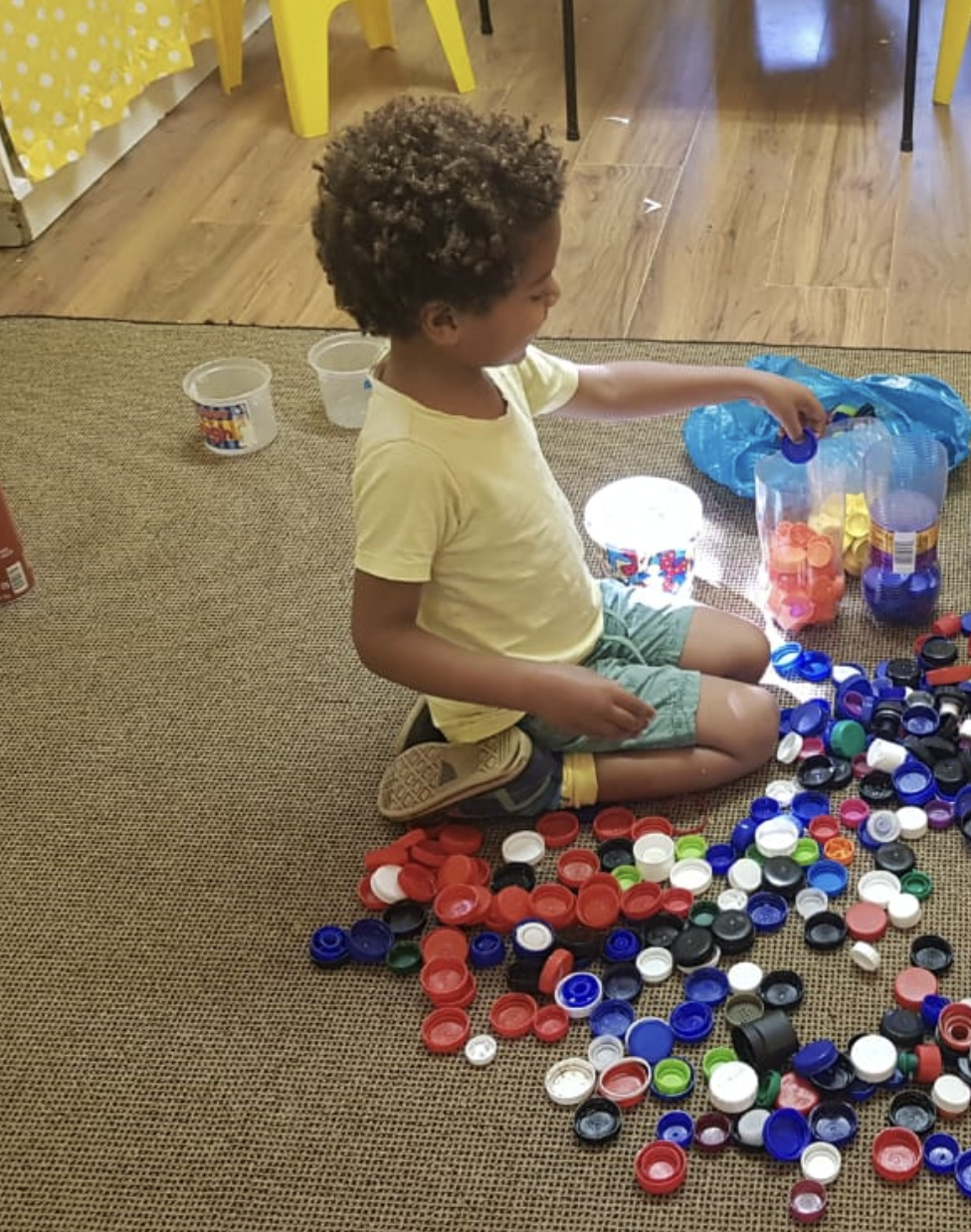
At Hold My Hand, we constantly reflect on the factors that influence the wellbeing of children and adolescents. Recently, a Telegraph article shed light on the risks of excessive screen time, particularly its impact on cognitive and social development in children. This topic, supported by new research published by the American Psychological Association (APA), highlights a growing challenge for families and caregivers everywhere.
The Risks of Excessive Screen Time
Research has shown that spending more than 90 minutes a day on screens can affect children in various ways. Cognitive functions, such as attention and memory, are particularly vulnerable, with children struggling to focus for extended periods. Social skills also take a hit, as screen time often replaces face-to-face interactions that are vital for emotional and social development.
The APA study further underscores the long-term effects, suggesting that excessive screen exposure can impair the development of healthy sleep patterns and contribute to heightened levels of anxiety and depression. These are not just academic findings but real issues we see in children growing up in increasingly digital environments.
Why This Matters for Children South Africa?
South Africa’s children already face significant challenges, from food insecurity to education gaps. Adding the digital divide and the overuse of screens into the mix exacerbates these vulnerabilities. At Hold My Hand, we see this as a critical area where caregivers, schools, and communities can make a tangible difference.
We understand that digital tools are essential for education and communication. However, balancing screen time with other activities—like outdoor play, reading, or even shared family time—is crucial. Helping children form healthy habits early on will give them the tools to thrive physically, emotionally, and socially.
A related movement highlighted in a recent Daily Maverick article, “Unplugged: The Rise of Phone-Free Classrooms,” demonstrates a practical solution gaining traction. Schools in South Africa and abroad are embracing policies that restrict smartphone use during class hours. These initiatives not only improve focus and academic performance but also encourage face-to-face interactions, helping children build crucial social and emotional skills.
What Can Our Community Do?
- Raise Awareness: Parents and caregivers need access to resources that help them set healthy boundaries for screen use.
- Advocate for Alternatives: Schools and community programmes can create opportunities for engagement that don’t rely on screens, such as sports, arts, and social clubs.
- Monitor Usage: Technology use doesn’t have to be eliminated but should be purposeful, focusing on educational and age-appropriate content.
For more insights on how to address screen time concerns and other challenges facing South Africa’s youth, visit our other resources.
.png)







.png)